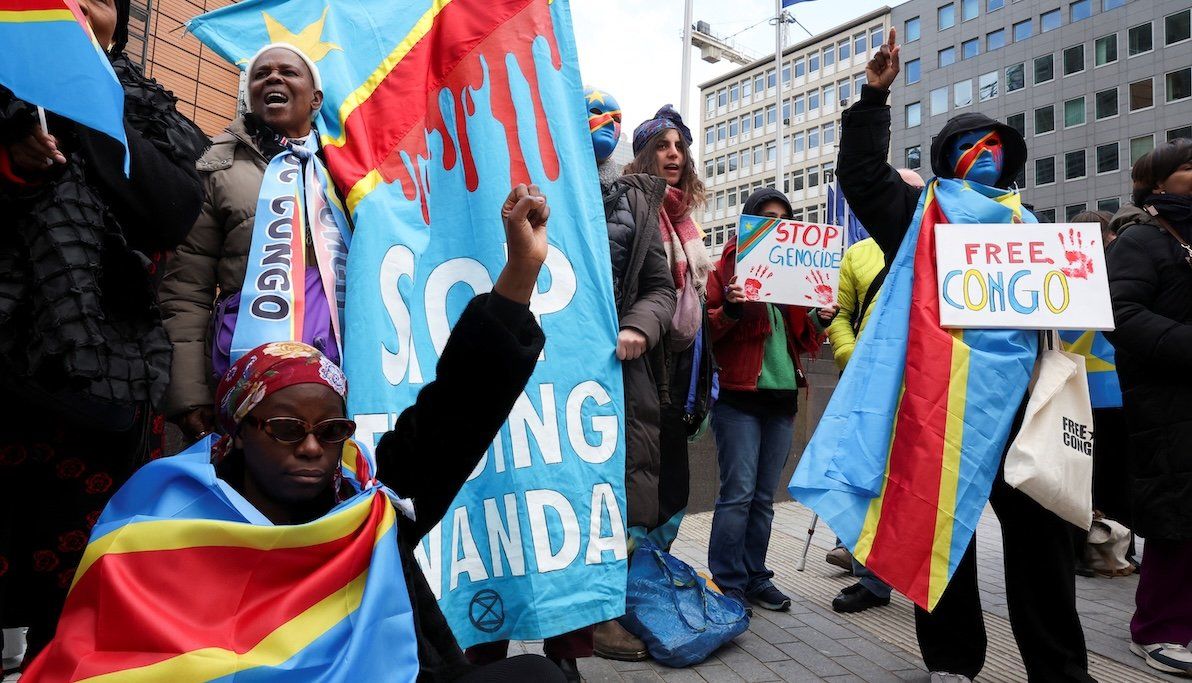Rwandan-backed M23 rebels have withdrawn from peace talks with the Democratic Republic of Congo that were set to start Tuesday in Angola, citing sanctions imposed by the European Commission on Rwandan officials for plundering mineral wealth in the DRC. This is the second time talks have collapsed since December, when they were canceled after Rwanda demanded a direct dialogue between the DRC and the M23 rebels, which DRC President Félix Tshisekedi refused.
In a related development, Rwanda severed diplomatic ties with Belgium, which had urged the Commission to impose the sanctions, accusing Brussels of “consistently undermining” Rwanda in forums like the EC “using lies and manipulation” in an attempt to “sustain its neo-colonial delusions.” Belgium subsequently declared Rwandan diplomats persona non grata and described Rwanda’s response as “disproportionate.”
What’s behind the conflict? Low-level violence in the DRC has persisted for three decades, killing six million people and displacing millions of others, but it increased again last November. This year, M23 seized the strategic cities of Goma and Bukavu, resulting in thousands of fatalities and displacing hundreds of thousands of people.
The rebels claim the DRC harbors anti-Rwanda rebels linked to the Hutu genocide of the Tutsis in 1994. The DRC also has deposits of gold and critical minerals, which M23 seeks to appropriate – it already reportedly earns $300,000 a month from territory it controls in the eastern part of the country.
